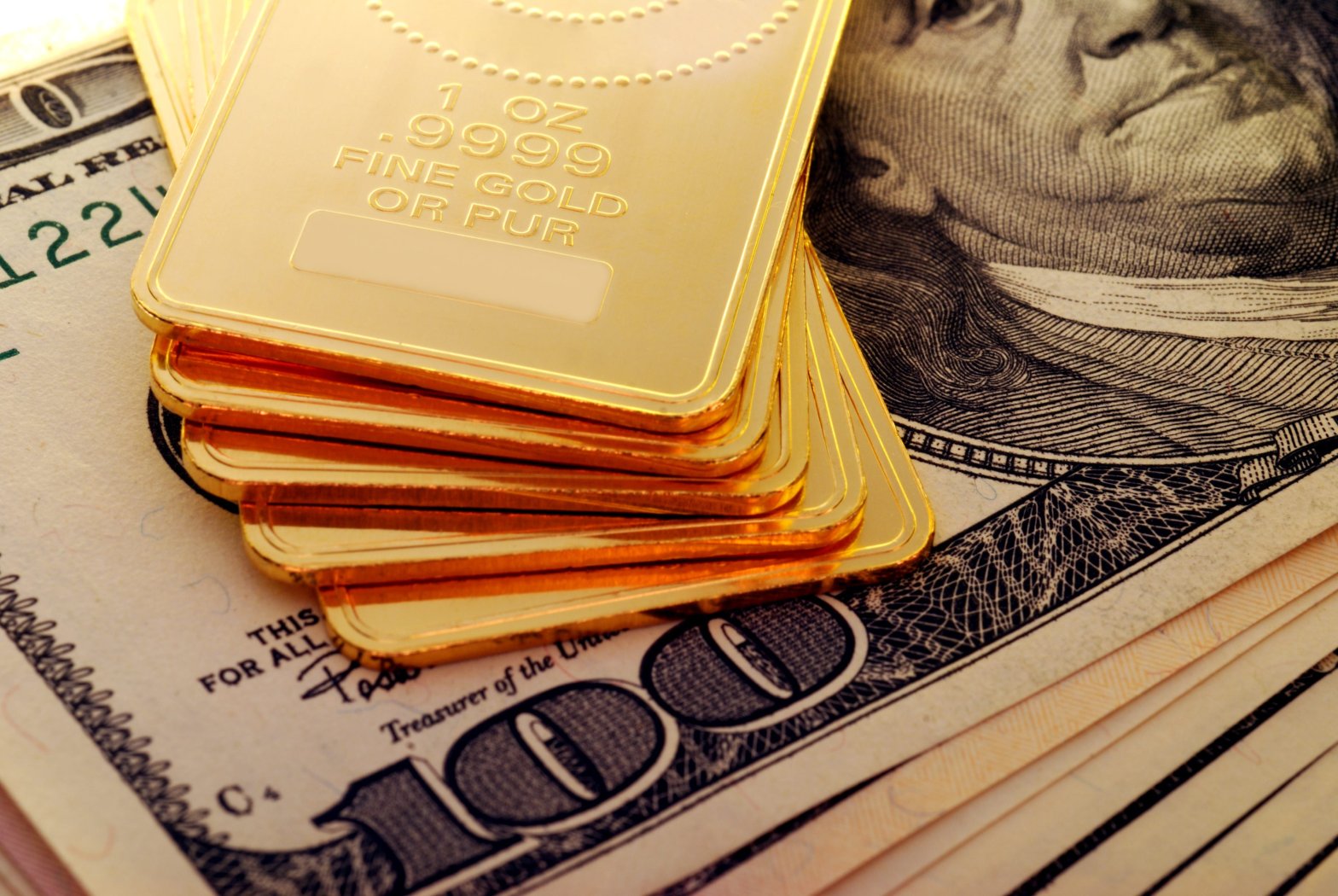Dollar collapse fears are bogus as the greenback can’t be replaced anytime soon, Brad McMillan said. A lot of the talk is often from doomsayers trying to push gold, Commonwealth Financial’s CIO said. The dollar “is not only the established choice and, in most cases, the smart choice, but it is the only choice.” Loading Something is loading.
Thanks for signing up!
Access your favorite topics in a personalized feed while you’re on the go.
Fears that the US dollar will crash are completely overblown as the greenback cannot be replaced anytime soon, the CIO of Commonwealth Financial Network wrote in a recent blog post.
Brad McMillan acknowledged that he has been getting a flood questions about the dollar in recent weeks, largely asking whether its value will collapse and render savings worthless. But that can’t happen in the short to medium term, he added.
“As long as the US is the largest open trading economy, as long as everyone in the world wants access to the US economy, and as long as it is a lot of work and a great inconvenience to switch, the position of the dollar as the global reserve currency is secure,” he wrote Tuesday.
McMillan pointed out that even while China has been trying to elevate the yuan to challenge the dollar, its government still holds more than a trillion dollar of US assets.
In his view, there are three key factors in the dollar’s favor: the sheer size of the US economy, the freely convertible nature of the dollar (unlike the yuan), and the relative political and economic stability of the US compared with both Europe and China.
“When you look at all the pieces, the US dollar is not only the established choice and, in most cases, the smart choice, but it is the only choice,” he said. “There really is no alternative.”
Chamath Palihapitiya and economist Peter C. Earle have separately argued against de-dollarization, pointing to China’s tight control over the yuan.
Still, de-dollarization concerns have been rising, especially as some countries recently introduced non-dollar trading arrangements. For instance, China and Brazil have agreed to shed the dollar in cross-border transactions, Russia is relying more on the yuan, and some oil contracts have been priced in non-dollar currencies.
But the dollar isn’t collapsing and is instead trading at about the same level against other currencies as it has been for the past several decades, McMillan said.
“Frankly, a lot of the talk is nonsense designed to panic you into buying something the doomsters are trying to sell, often gold,” he wrote.
To be sure, gold has jumped 25% from November lows, and is close to reaching its previous record high last seen in mid-2020.
Meanwhile, the US Dollar Index has fallen by 11% since its September peak. But McMillan isn’t worried about the dollar’s ups and downs.
“As far as the markets are concerned, the dollar is still where it has always been. If we consider the markets as a warning system, they are still flashing green,” he wrote. “When they start to turn yellow or red, then will be the time to worry—but that is not what we are seeing.”
